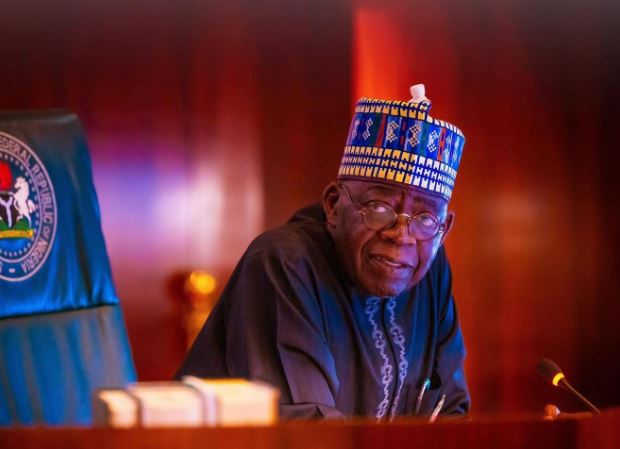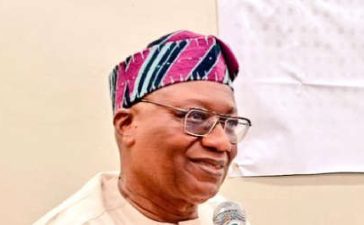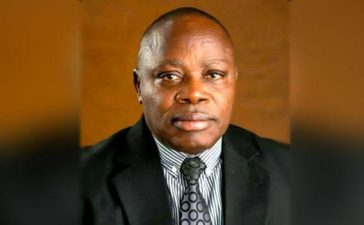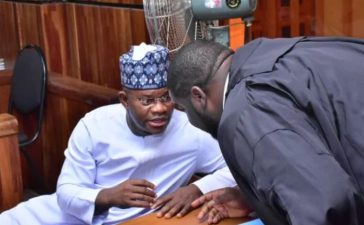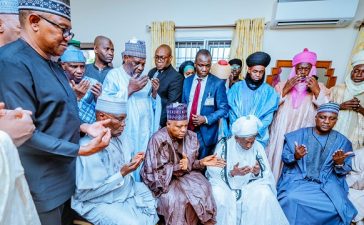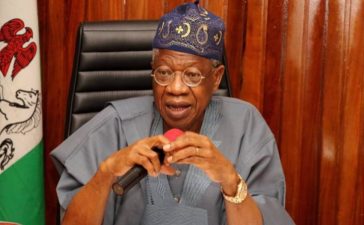President Bola Tinubu reaffirmed on Monday that the removal of fuel subsidies, although challenging in the short term, was a necessary measure to redirect budgetary resources toward critical investments in infrastructure and social services. The President emphasized that this strategic move was aimed at fostering long-term economic growth and enhancing the well-being of Nigerians.
Speaking at an economic forum, Tinubu noted that his administration has taken bold steps to reform Nigeria’s macroeconomic landscape, prioritizing policies that would restore investor confidence and stabilize the economy. He outlined key areas of focus, including reducing inflation, stabilizing the foreign exchange market, and improving fiscal management.
The President acknowledged the immediate impact of subsidy removal on the cost of living but explained that the benefits would become more apparent as resources are channeled into infrastructure projects and social services. “Though painful in the short term, the removal of fuel subsidies will ultimately free up funds for critical investments that will drive economic growth and enhance the standard of living for all Nigerians,” Tinubu stated.
Strengthening Economic Reforms
Tinubu also provided insight into the broader economic reforms his administration is implementing. These measures include targeted efforts to stabilize inflation, which has eroded purchasing power, and interventions to restore balance in Nigeria’s volatile foreign exchange market. Additionally, the government is focused on improving fiscal management to reduce debt and ensure more efficient use of public funds.
“These are courageous steps that we must take to restore confidence in the economy,” Tinubu remarked. “We are rigorously working to actualize these reforms and create a stable and prosperous environment for both businesses and individuals.”
Banking Sector Challenges
In the same forum, Chairman of the United Bank for Africa (UBA) Group, Mr. Tony Elumelu, highlighted the crucial role of the Nigerian banking sector in the country’s economic framework. He praised the sector’s resilience but also pointed out significant challenges, such as regulatory burdens and high compliance costs, which continue to impede growth and innovation.
Elumelu emphasized the need for regulatory reforms that would allow banks to thrive and innovate in response to Nigeria’s evolving economic landscape. “The banking sector is the cornerstone of our economy, but it must be freed from excessive regulatory constraints to fully contribute to economic growth,” Elumelu said.
Prioritizing the Digital Economy
President Tinubu also reiterated his administration’s commitment to advancing Nigeria’s digital economy, which he said is essential for driving innovation, expanding financial inclusion, and improving public service delivery. He noted that the digital economy was a top priority for the government, as it offers immense potential to create jobs, enhance productivity, and facilitate access to financial services, particularly for underserved communities.
“By prioritizing the digital economy, we aim to foster innovation, drive inclusive growth, and expand financial access for all Nigerians,” Tinubu stated. “Our vision is to create a knowledge-driven economy that can compete globally and provide new opportunities for our people.”
The Tinubu administration is also working closely with key stakeholders, including private sector leaders and international partners, to ensure the successful implementation of these economic reforms. The President reiterated his commitment to delivering on his promises to create a more resilient, diversified, and inclusive economy for all Nigerians.

